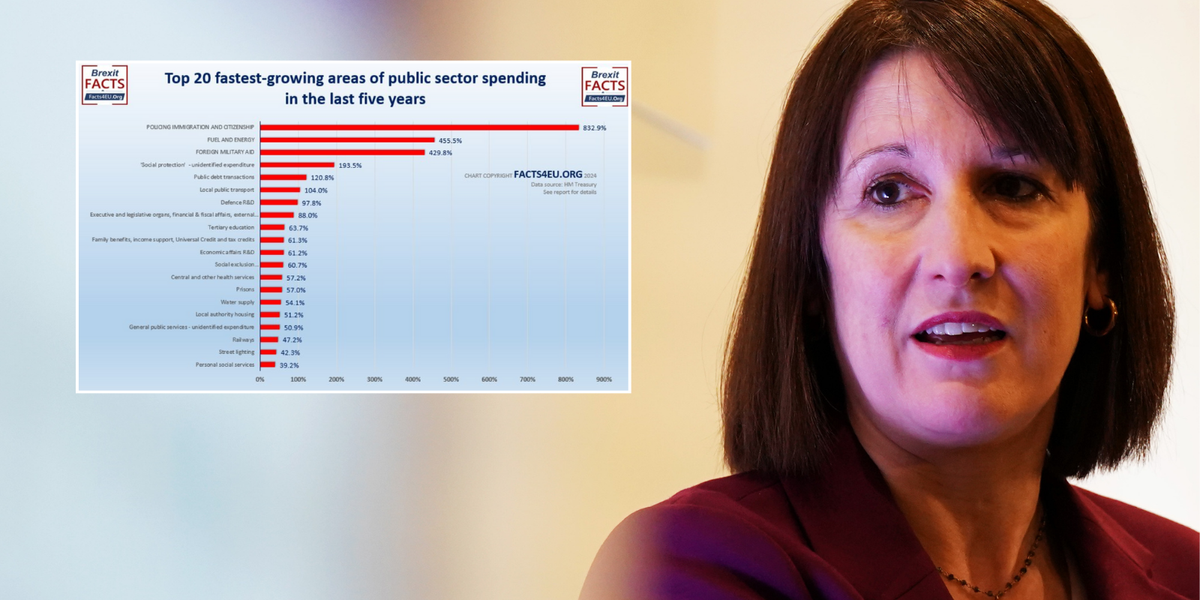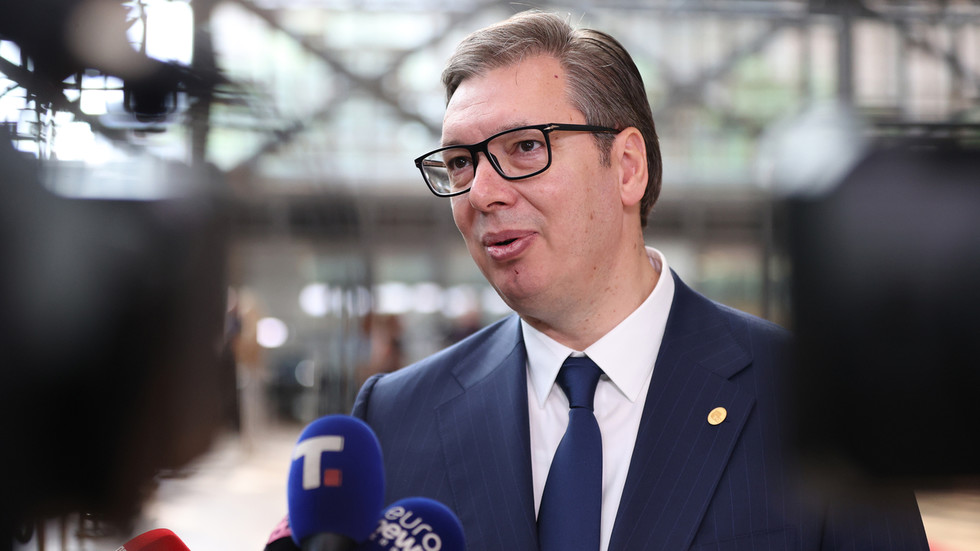
South Sudan could have been off to a good start. Thanks to its oil riches, the world’s youngest country qualified as a middle-income one when it got independence from Sudan in 2011. The new country also had minerals, livestock and timber for export. As it was near the bottom of most global development indices on health and education, it received more aid per person than almost anywhere else on earth. Yet 13 years on, things in South Sudan have not gone to plan. The state had been failing to pay civil servants and contractors long before the oil stopped flowing. At the same time, members of South Sudan’s political elite have amassed vast wealth since the country became independent. Even if the pipeline were turned back on tomorrow, the troubles in the oil sector would hardly disappear. Production peaked at more than 350,000 barrels per day in 2011 and has been in steady decline ever since.

 By Africa.com | Created at 2024-12-21 07:31:32 | Updated at 2024-12-21 16:53:22
9 hours ago
By Africa.com | Created at 2024-12-21 07:31:32 | Updated at 2024-12-21 16:53:22
9 hours ago







